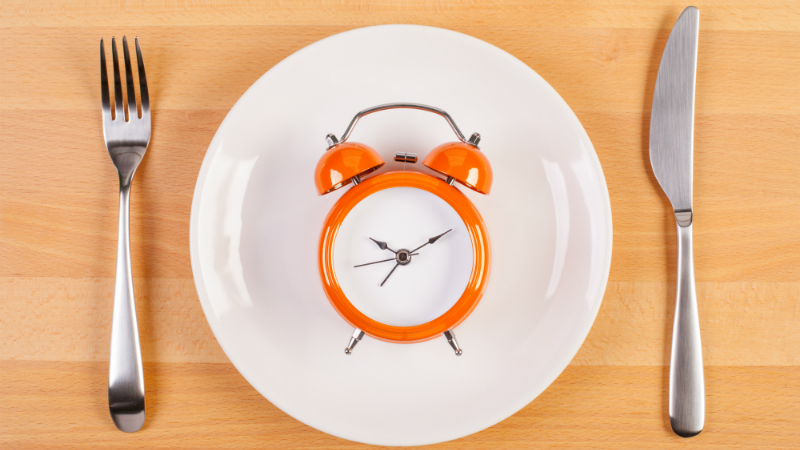What you’ll do
You'll take part in a number of sessions spread across eight weeks. These will be:
- Lab one (60 minutes): Anthropometric measurements, eating habits questionnaire, capacity to exercise and general health. If deemed eligible, you’ll need to provide informed consent to take part in the study.
- Monitoring (4 weeks): A 60-minute visit to collect additional anthropometric measurements, blood and urine samples, calibration of monitoring equipment. During this period, individuals will be given two monitoring tools: a physical activity monitor and a log book plus scales to record diet.
- Lab 2 (approximately 7 hours): You will drink a pint of water before this visit. A urine sample will be collected, followed by a body composition scan, fat biopsy and cannulation. Afterwards, you’ll have breakfast, blood samples will be collected. Your appetite, hunger and fullness will be assessed. A milkshake will be provided at 12:30pm and additional blood samples will be taken until 2:30pm.
- Break (1 week): no activities or measurements required.
- Intervention (3 weeks): Participants will be randomised to 1 of 3 diet groups. The CR 75% group will consume 75% of their habitual energy intake daily. For the other 2 groups, transition between fasting and feeding periods will happen at 3pm. During fasting periods, participants can only consume water and black tea/coffee with no sugar. During eating periods, participants will either consume 150% or 200% of normal daily calorie intake.
- Lab 3 (approximately 7 hours): Same as lab two.
Eligibility
To take part in this study, you must:
- be 18-65 years old (pre-menopausal if female)
- have a body mass index of more than 25 kg/m2
- have had a stable body weight (+/- 3kg) for the past six months
- be willing to undertake fasting
You will not be eligible for this study if:
- your body weight is greater than 120kg
- you have previously suffered from, or are currently suffering from, an eating disorder
- you have dietary restrictions (vegan, lactose intolerant, etc.)
- you are engaged in/planning fasting and/or changing dietary patterns
- you are pregnant (or planning to become pregnant) or breastfeeding
- you have an ongoing medical condition (such as diabetes) or are undergoing medical treatment
